
Software and Communications
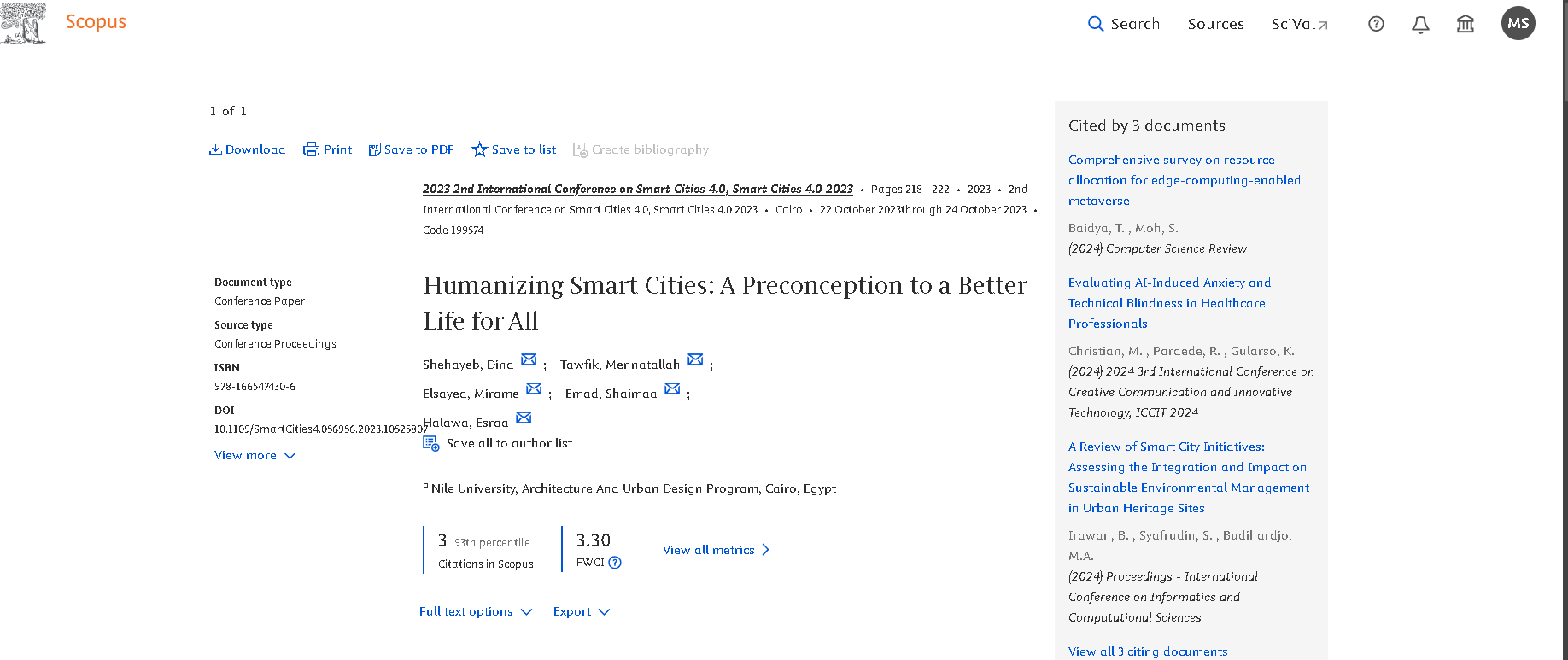
Humanizing Smart Cities: A Preconception to a Better Life for All
As cities face the challenge of conceiving new and more competitive and sustainable development models, there has been an emergence of introducing technology to cities to enhance the quality of life it provides to the citizens. The 'Smart City' was proposed as a new prototype of technology-based urban development. These smart cities witness the emergence of the metaverse and platform societies, machine learning and artificial intelligence (ML/AI), big data, the Internet of Things (IoT) systems, and many other innovative and advanced technologies. However, the idea of the Smart City has
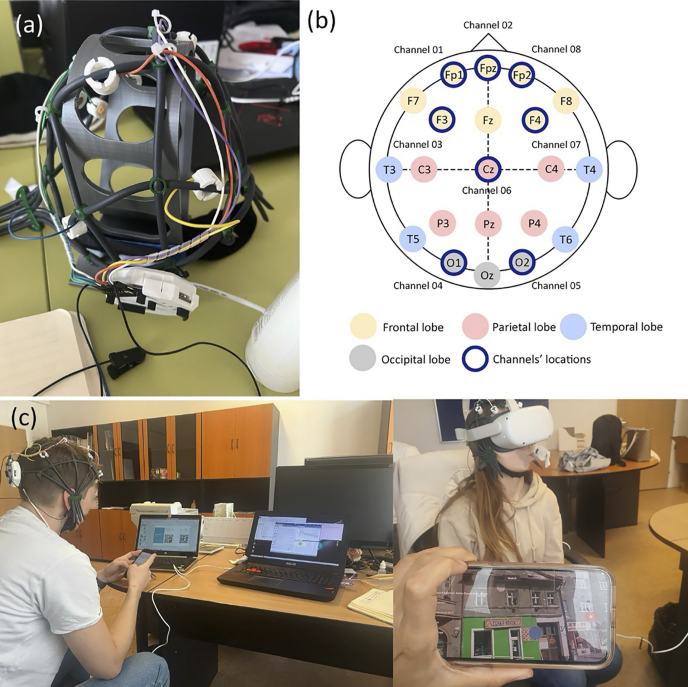
Exploring the restorative environments in Bratislava using EEG and VR: a neuro-urbanism approach
Purpose: Residing in a densely populated urban area possesses its allure; nonetheless, it can significantly impact physical and mental well-being owing to the persistent stress and information overload inherent in urban settings. This study aims to introduce a neuro-urbanism framework that can guide urban planners and designers in quantitatively evaluating individuals' responses to virtual simulated environments. Design/methodology/approach: Our study consisted of two phases after randomly selecting six locations representing three types of urban areas in Bratislava, Slovakia: urban spaces
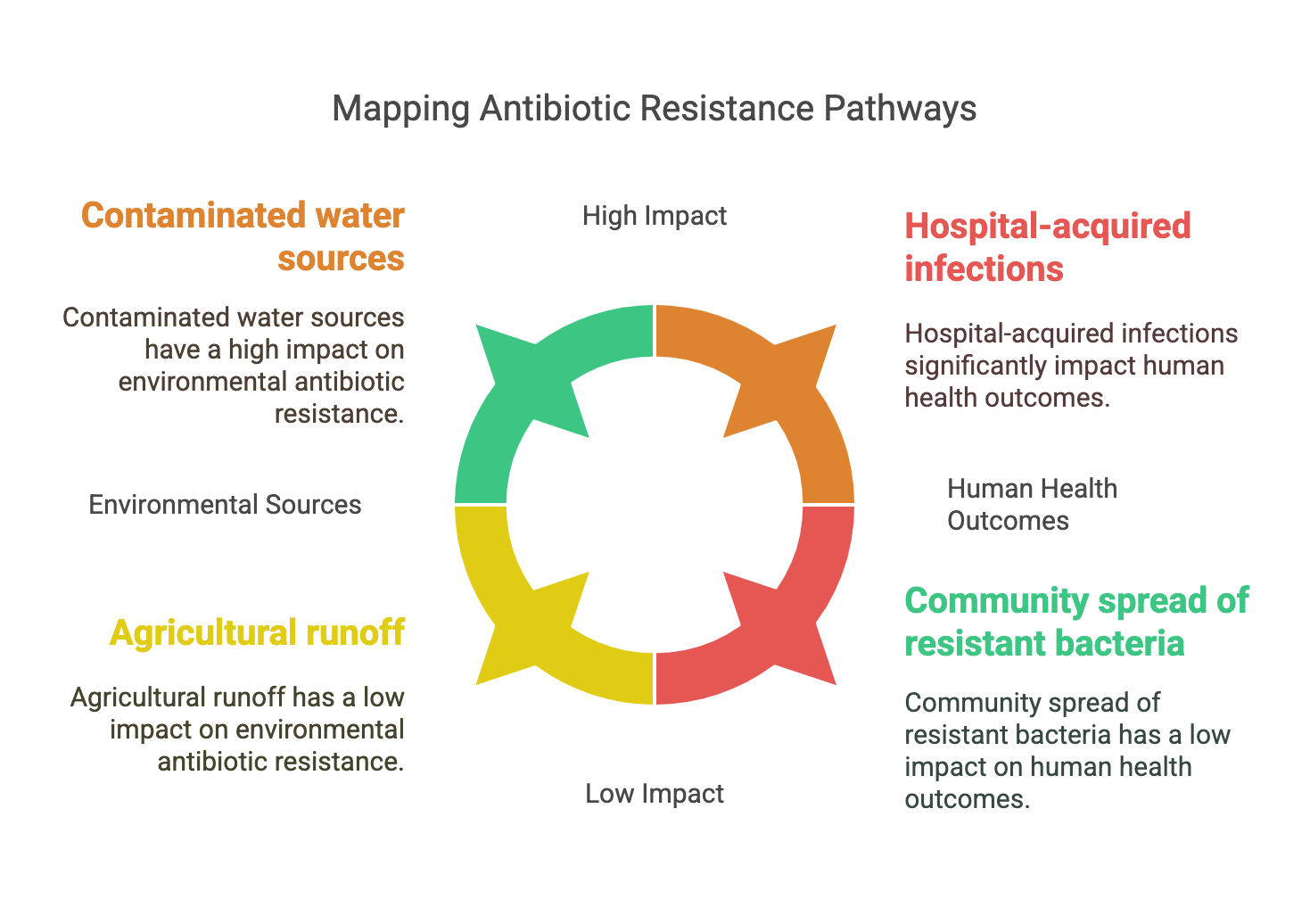
Tracking Antibiotic Resistance from the Environment to Human Health
Antimicrobial resistance (AMR) is one of the threats to our world according to the World Health Organization (WHO). Resistance is an evolutionary dynamic process where host-associated microbes have to adapt to their stressful environments. AMR could be classified according to the mechanism of resistance or the biome where resistance takes place. Antibiotics are one of the stresses that lead to resistance through antibiotic resistance genes (ARGs). The resistome could be defined as the collection of all ARGs in an organism’s genome or metagenome. Currently, there is a growing body of evidence
In-Silico targeting of SARS-CoV-2 NSP6 for drug and natural products repurposing
Non-Structural Protein 6 (NSP6) has a protecting role for SARS-CoV-2 replication by inhibiting the expansion of autophagosomes inside the cell. NSP6 is involved in the endoplasmic reticulum stress response by binding to Sigma receptor 1 (SR1). Nevertheless, NSP6 crystal structure is not solved yet. Therefore, NSP6 is considered a challenging target in Structure-Based Drug Discovery. Herein, we utilized the high quality NSP6 model built by AlphaFold in our study. Targeting a putative NSP6 binding site is believed to inhibit the SR1-NSP6 protein-protein interactions. Three databases were
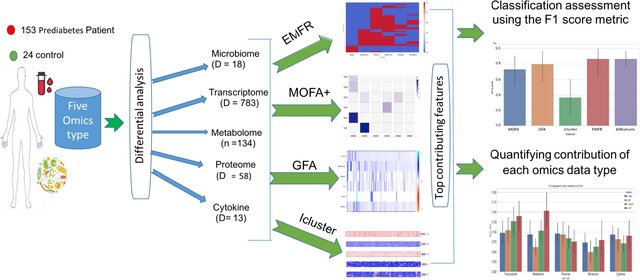
Comparative evaluation of multiomics integration tools for the study of prediabetes: insights into the earliest stages of type 2 diabetes mellitus
Type 2 diabetes mellitus (T2D) remains a critical health concern, particularly in its early disease stages such as prediabetes. Understanding these early stages is paramount for improving patient outcomes. Multiomics data integration tools offer promise in unraveling the underlying mechanisms of T2D. The advent of high-throughput technology and the increasing availability of multiomics data has led to the development of several statistical and network-based integration methods. However, the performance of such methods varies, requiring their output evaluation in an unbiased manner. Here, we
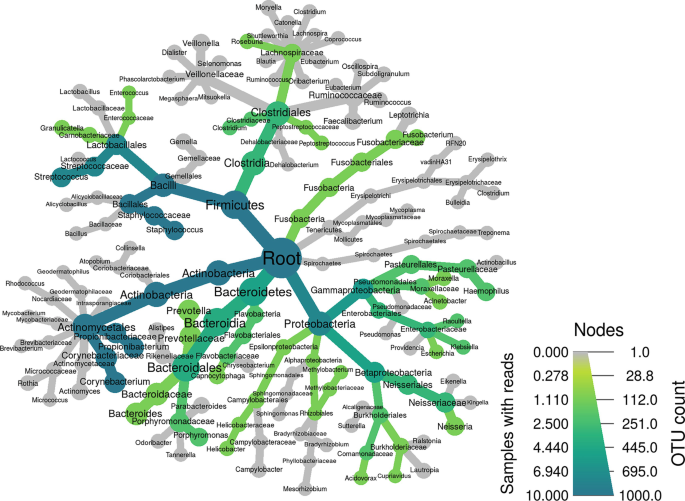
Comprehensive Guideline for Microbiome Analysis Using R
The need for a comprehensive consolidated guide for R packages and tools that are used in microbiome data analysis is significant; thus, we aim to provide a detailed step-by-step dissection of the most used R packages and tools in the field of microbiome data integration and analysis. The guideline aims to be a user-friendly simplification and tutorial on five main packages, namely phyloseq, MegaR, DADA2, Metacoder, and microbiomeExplorer due to their high efficiency and benefit in microbiome data analysis. © 2023, The Author(s), under exclusive license to Springer Science+Business Media, LLC
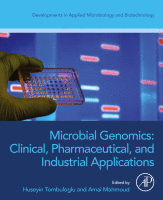
Introduction to genomics-based pharmaceutical applications
Biomedical research and pharmaceutical development have been profoundly impacted by genomics in recent years, with researchers gaining new understanding of the genetic pathways underlying disease and opening up new opportunities for the creation of targeted therapeutic interventions. Without a comprehensive grasp of the genetic mechanisms at play, medication discovery approaches in the past often relied on trial and error, targeting particular symptoms or pathways. However, the advent of genomics has changed the game. Scientific advances in high-throughput DNA sequencing have allowed
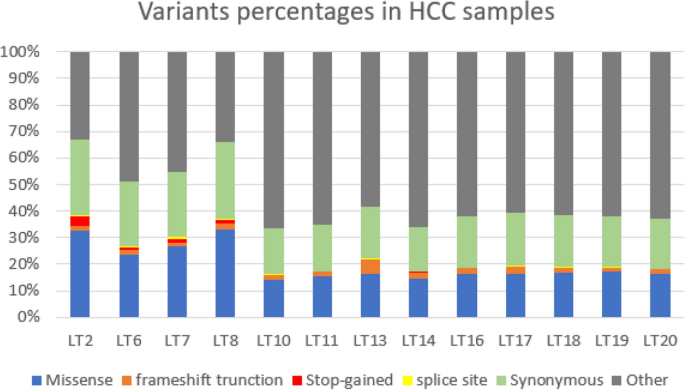
Genomic landscape of hepatocellular carcinoma in Egyptian patients by whole exome sequencing
Background: Hepatocellular carcinoma (HCC) is the most common primary liver cancer. Chronic hepatitis and liver cirrhosis lead to accumulation of genetic alterations driving HCC pathogenesis. This study is designed to explore genomic landscape of HCC in Egyptian patients by whole exome sequencing. Methods: Whole exome sequencing using Ion Torrent was done on 13 HCC patients, who underwent surgical intervention (7 patients underwent living donor liver transplantation (LDLT) and 6 patients had surgical resection}. Results: Mutational signature was mostly S1, S5, S6, and S12 in HCC. Analysis of
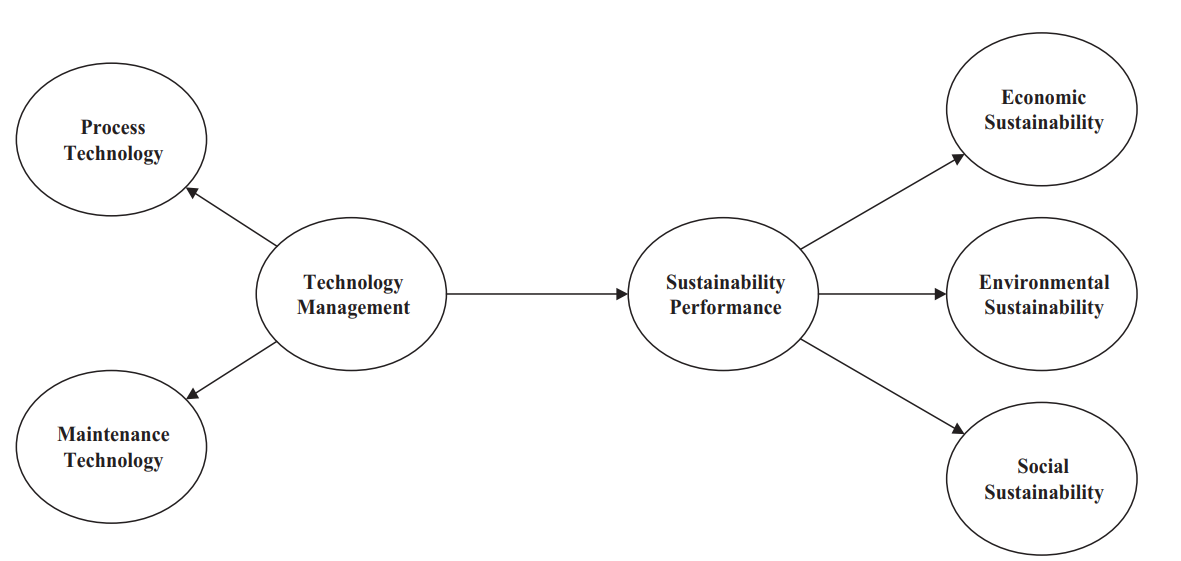
Impact of technology management in improving sustainability performance for Egyptian petroleum refineries and petrochemical companies
Purpose: Petroleum companies have various goals in light of high energy prices, uncertainty and potential fluctuations in demand in the current digital age, including making a profit while maintaining long-term sustainability and lowering their environmental impacts. The purpose of this paper is to explore the impact of technology management (TM) and its practices through process and maintenance technologies on sustainability performance (SP) for petroleum refineries and petrochemical companies in terms of economic, environmental and social sustainability. Design/methodology/approach: A new
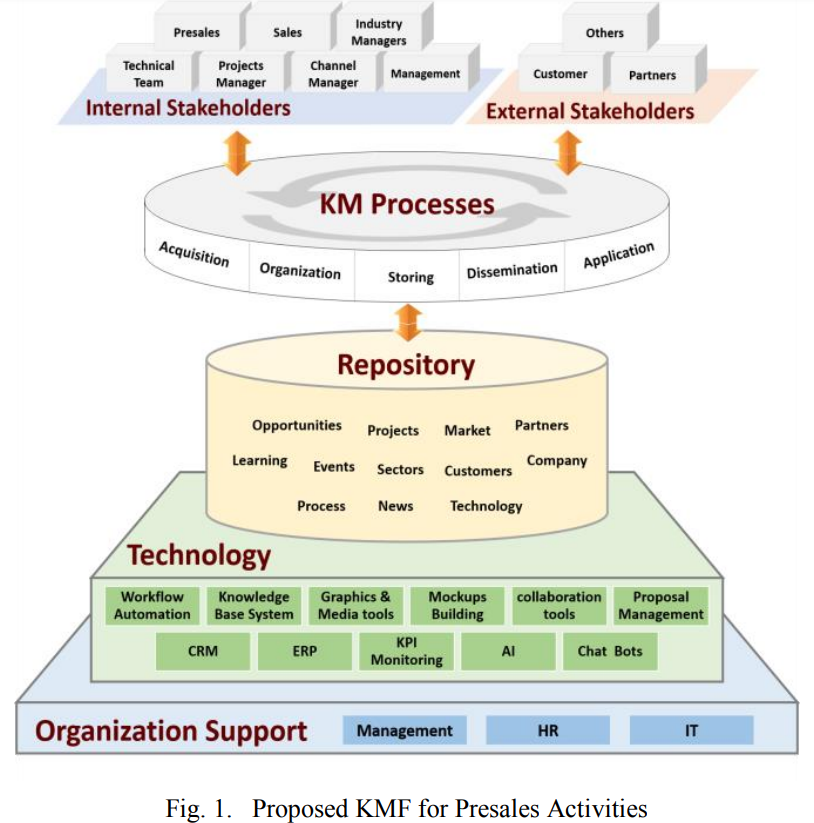
A Knowledge Management Framework for Presales Operations in High-Technology Companies
High-technology companies usually hire presales teams to help customers make purchase decisions. The presales team communicates with customers and proposes solutions meeting their needs. Accordingly, the presales team needs to develop the required technology and business knowledge to conduct the presales activities successfully. Presales teams with proper knowledge management can respond efficiently to customers. This paper aims to design a Knowledge Management Framework for presales activities. To collect data, a literature review in addition to interviewing multiple presales employees was